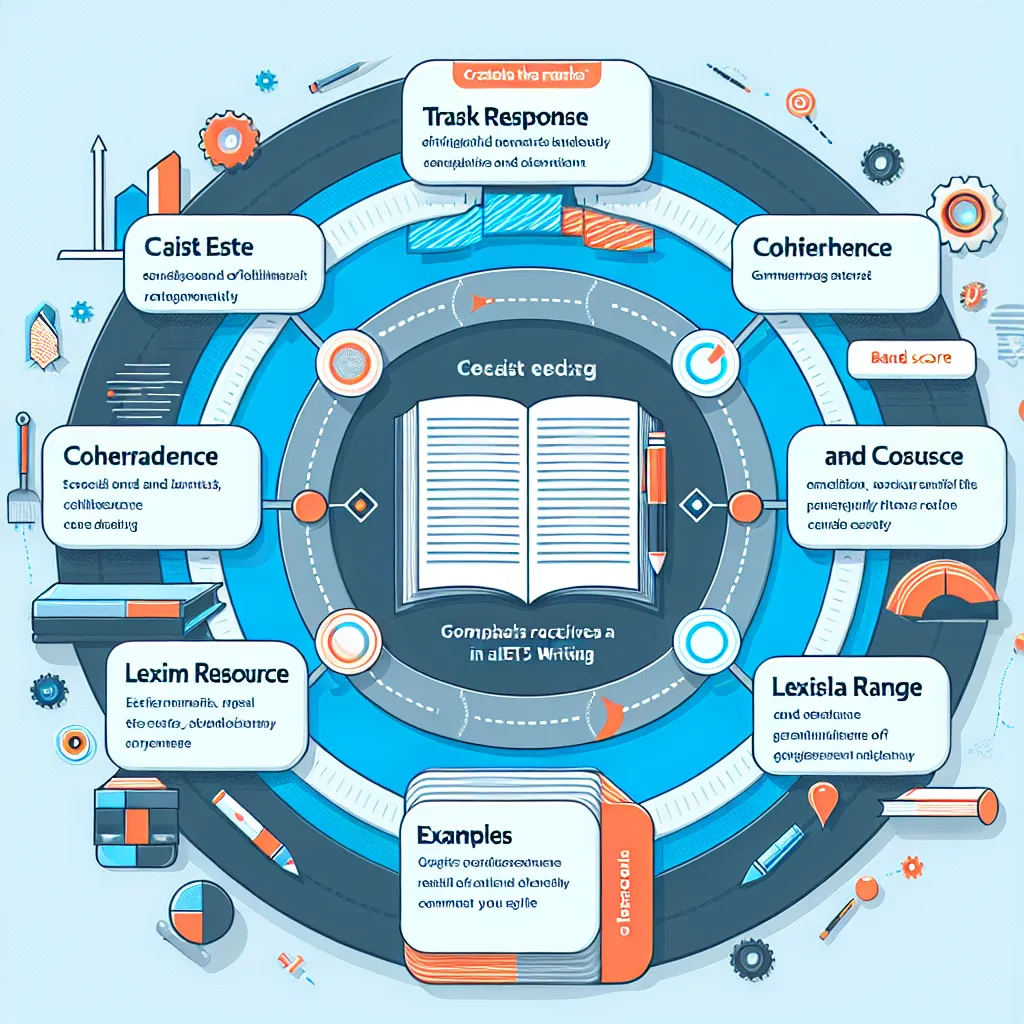Are you aiming for excellence in your IELTS Writing test? Achieving a Band 9 score is the ultimate goal for many test-takers, and while it may seem challenging, it’s certainly not impossible. This comprehensive guide will provide you with expert strategies and tips to help you reach that coveted Band 9 in IELTS Writing.
Understanding Band 9 in IELTS Writing
Before diving into the strategies, it’s crucial to understand what a Band 9 score represents in IELTS Writing. According to the official IELTS band descriptors, a Band 9 writer:
- Fully addresses all parts of the task
- Presents a fully developed position with relevant, fully extended and well-supported ideas
- Uses cohesion in such a way that it attracts no attention
- Skilfully uses a wide range of vocabulary with very natural and sophisticated control of lexical features
- Uses a wide range of structures with full flexibility and accuracy
Now that we have a clear understanding of the target, let’s explore how to achieve it.

Strategies for Task Achievement
1. Thoroughly Analyze the Question
The first step towards a Band 9 score is to fully understand the task at hand. Spend a few minutes dissecting the question to ensure you address all parts of it in your response.
Example:
Question: “Some people believe that unpaid community service should be a compulsory part of high school programs. To what extent do you agree or disagree?”
Analysis:
- Topic: Unpaid community service in high school programs
- Task: Express your opinion (agree/disagree) and explain why
- Key points to address: Benefits/drawbacks of compulsory community service, impact on students and society
2. Plan Your Response
Develop a clear and logical structure for your essay. A well-organized response is crucial for achieving a high score.
Example outline for the above question:
- Introduction: State your position
- Body Paragraph 1: First main reason for your position
- Body Paragraph 2: Second main reason for your position
- Body Paragraph 3: Counterargument and rebuttal
- Conclusion: Restate your position and summarize main points
3. Provide Relevant Examples and Evidence
Support your arguments with specific examples, data, or personal experiences to make your writing more convincing and score higher on task achievement.
Example:
“A study by the University of Michigan found that high school students who participated in community service showed improved academic performance and increased civic engagement in adulthood.”
Mastering Coherence and Cohesion
1. Use a Variety of Cohesive Devices
Employ a range of linking words and phrases to connect your ideas smoothly. However, use them judiciously to maintain a natural flow.
Examples of sophisticated cohesive devices:
- Furthermore
- Nevertheless
- Consequently
- In light of
- Notwithstanding
2. Maintain Clear Paragraphing
Each paragraph should focus on a single main idea and smoothly transition to the next. Use topic sentences to guide your reader through your argument.
Example of a clear topic sentence:
“The primary benefit of mandatory community service lies in its potential to foster a sense of social responsibility among young people.”
3. Ensure Logical Progression of Ideas
Your essay should flow logically from one point to the next, creating a coherent and persuasive argument.
Expanding Lexical Resource
1. Use Advanced Vocabulary Accurately
Incorporate sophisticated vocabulary naturally into your writing. However, accuracy is key – only use words you’re confident about.
Example:
Instead of “The government should make community service mandatory,” try:
“The authorities should implement compulsory community service as an integral component of the educational curriculum.”
2. Employ Collocations and Idiomatic Expressions
Natural use of collocations and idiomatic expressions can significantly enhance your lexical resource score.
Examples:
- “To reap the benefits”
- “A double-edged sword”
- “To strike a balance”
3. Avoid Repetition
Use synonyms and paraphrasing to avoid repeating the same words or phrases throughout your essay.
Example:
Instead of repeatedly using “important,” consider alternatives like “crucial,” “vital,” “essential,” or “paramount.”
Demonstrating Grammatical Range and Accuracy
1. Use a Variety of Complex Structures
Incorporate a mix of simple, compound, and complex sentences. Use advanced structures like inversion, cleft sentences, and participle clauses.
Example of a cleft sentence:
“It is through hands-on experience in community service that students develop a genuine understanding of civic responsibility.”
2. Maintain Grammatical Accuracy
While using complex structures is important, accuracy is paramount. Proofread your essay carefully to eliminate any grammatical errors.
3. Master Punctuation
Correct use of a wide range of punctuation marks, including semicolons, colons, and dashes, can elevate your writing to Band 9 level.
Example:
“Community service offers numerous benefits: it enhances empathy, develops practical skills, and fosters a sense of civic duty.”
Practice and Feedback
1. Regular Timed Practice
Simulate test conditions by writing essays within the 40-minute time limit regularly. This will help you manage your time effectively during the actual test.
2. Seek Expert Feedback
Have your essays reviewed by IELTS experts or experienced teachers. Their feedback can help you identify areas for improvement and refine your writing skills.
3. Analyze High-Scoring Sample Essays
Study Band 9 sample essays to understand the level of writing expected. Pay attention to how they address the task, structure their arguments, and use language.
Conclusion
Achieving a Band 9 in IELTS Writing requires dedication, practice, and a deep understanding of the assessment criteria. By focusing on task achievement, coherence and cohesion, lexical resource, and grammatical range and accuracy, you can significantly improve your writing skills. Remember, the key to success lies in consistent practice and thoughtful application of these strategies.
Are you ready to take your IELTS Writing to the next level? Start implementing these tips in your practice essays today, and watch your scores improve. Don’t forget to share your experiences or ask questions in the comments below. Good luck with your IELTS journey!